Oil not a worry in 2024
A well-supplied oil market, along with new investments in oil exploration and production means that pending a major disaster, India will not have to worry about oil prices in the coming year.
 Courtesy: CNBC
Courtesy: CNBC
A well-supplied oil market, along with new investments in oil exploration and production means that pending a major disaster, India will not have to worry about oil prices in the coming year.
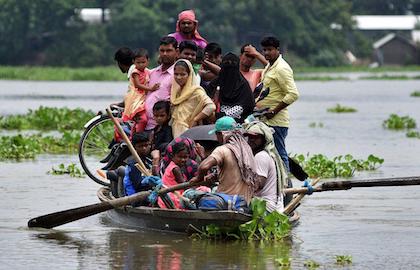 Courtesy: Scroll
Courtesy: Scroll
From COP to COP, the discussions focus on climate change and its impacts. But none have yet addressed a critical issue: the definition of a “climate refugee” or climate-related forced migration. Some contend that the issue requires a revision in the 1951 Refugee Convention. But with refugee and migrant flows to the borders of Western democracies, the term “refugee” is often re-framed as a concern about preservation of culture and values.
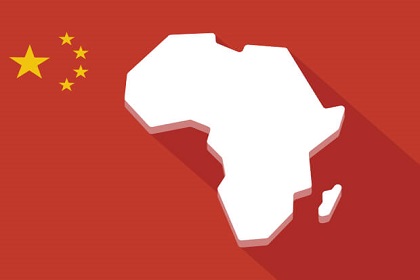 Courtesy: Global Trade Observer
Courtesy: Global Trade Observer
President Xi’s speech at the 3rd BRI Forum for International Cooperation in October 2023 has grabbed the headlines in suggesting a vision for a reset BRI, ten years on. Is it a case of ‘old wine in new bottles’ or something radically different? And what does it mean for African development, the poorest continent on the planet?
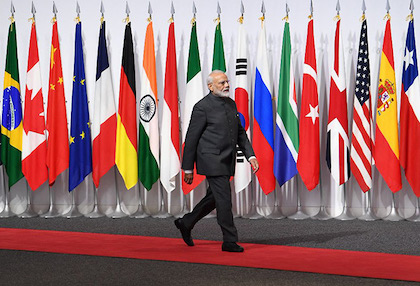 Courtesy: Times Now
Courtesy: Times Now
The outbreak of the Israel-Hamas war less than a month after the conclusion of the New Delhi Summit has heightened the geopolitical anxieties that hovered over India’s G20 presidency year. As the baton passes to Brazil, purposeful action, careful diplomacy and managing conflicting interests will be key to the implementation of the Summit’s commitments.
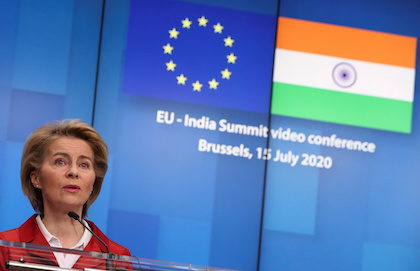 Courtesy: CSIS
Courtesy: CSIS
Europe's increased focus on the Indo-Pacific and the deepening economic and technological collaboration with India offer mutual benefits. However, the EU's ambivalent approach towards China, and the desire of most European states to maintain neutrality in the U.S.-China rivalry might not be sustainable in the long run.
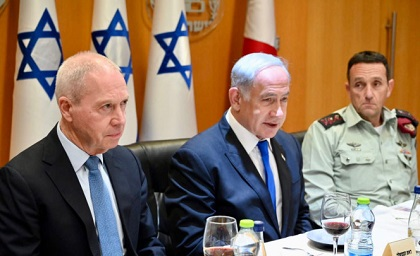 Courtesy: The Jerusalem Post
Courtesy: The Jerusalem Post
The October 7 intrusion of Hamas into Israel has exposed a respectable military institution and one of the most influential intelligence agencies, impacting their image in a contest where prestige is crucial. It weakens the Palestinian Authority internally and abroad, diminishes any peace processes, buries hope of a two-state solution, and marks the beginning of an unprecedented phase of war with repercussions far beyond the region.
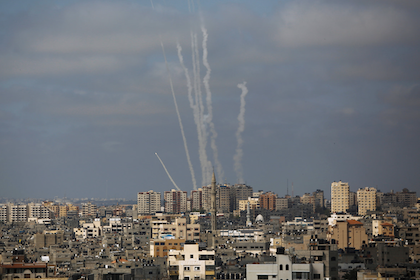 Courtesy: The Independent
Courtesy: The Independent
The Israel-Hamas conflict can further destabilise a world already weighed down by the Ukraine war and U.S.-China tensions. Escalation is inevitable, unless Europe recovers its traditional mediating role of advocating for ceasefire, dialogue and negotiated solutions, the Axis of Resistance desists, and the BRICS-11 play balancer. For the first time, there are many actors in an arena where the US was accustomed to being a soloist.
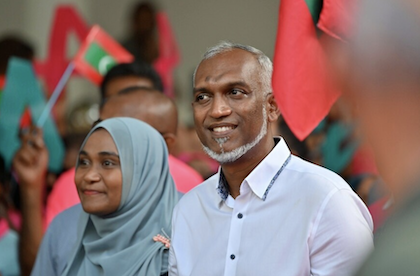 Courtesy: Voice of America
Courtesy: Voice of America
The recent presidential election outcome in the Maldives reflected a thriving democracy driven by voters' concerns for key domestic issues like employment, housing, education and healthcare. To portray the election as a football match between China and India resulting in the latter’s defeat is to ignore how South Asia's smallest state functions.
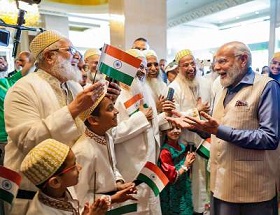 Courtesy: India TV News
Courtesy: India TV News
Prime Minister Narendra Modi’s two-day visit to Cairo on 24-25 June en route home after a successful state visit to the U.S., has highlighted the presence of the small but flourishing Indian community in Egypt. Comprising just 4,300 today, these Indians built businesses over the decades when Egypt was a British Protectorate, and after, and are important to the current upswing in the bilateral
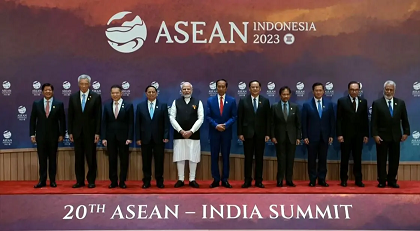 Courtesy: ANI
Courtesy: ANI
The recent ASEAN Summit and East Asia Summits stressed the region's centrality and unity while also revealing its principal challenge: managing strategic contestation between the U.S. and China. The outcomes of both summits are reflective of ASEAN's diplomatic and strategic dilemmas in Southeast Asia and the Indo-Pacific.